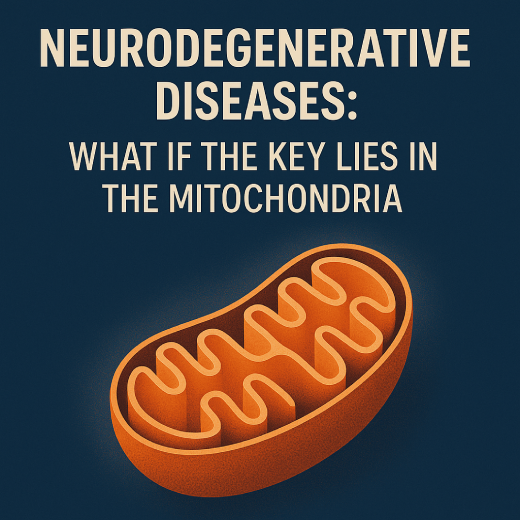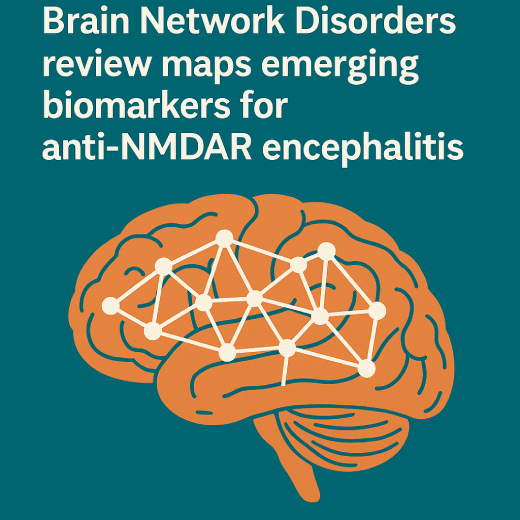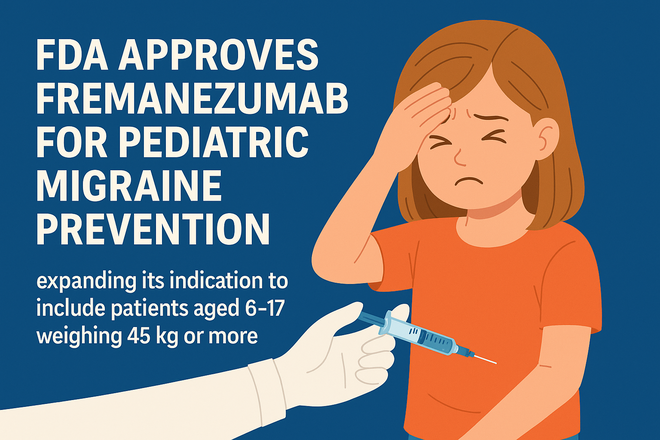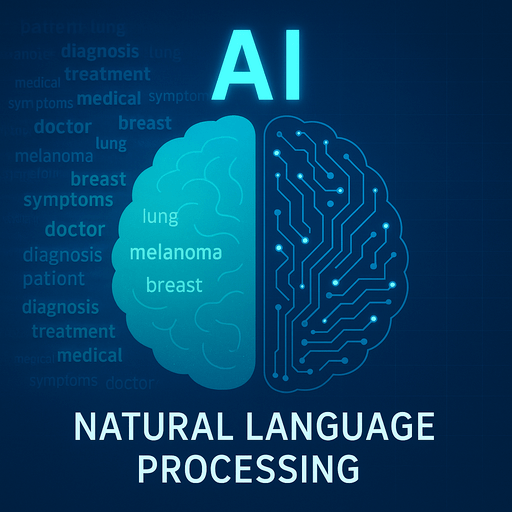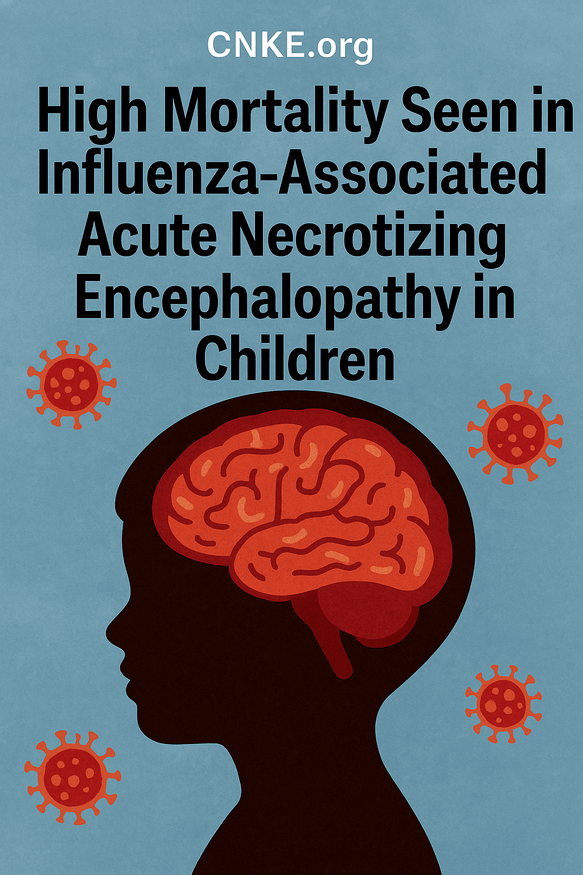This significant finding underscores the hidden risks associated with maternal hypertension during pregnancy.
Led by researchers from Cincinnati Children's Hospital Medical Center as part of the Cincinnati Infant Neurodevelopment Early Prediction Study (CINEPS), the research involved more than 340 preterm infants cared for across five neonatal intensive care units in Ohio. Results indicated that children born to mothers with preeclampsia, as well as those whose mothers experienced gestational or chronic hypertension, had lower cognitive and language scores at two years of age.
“These reduced scores are clinically meaningful, as even minor deficits in early development can signal greater risks for later cognitive, language, or motor impairments," explained senior author Dr. Nehal Parikh of Cincinnati Children’s Perinatal Institute. He emphasized that early disadvantages could compound over time, potentially impacting a child's academic achievement and school readiness without appropriate intervention.
Preeclampsia affects 2% to 5% of all pregnancies globally, while gestational and chronic hypertension impacts up to 15% of pregnancies. Researchers attribute brain development deficits in preterm infants to factors including reduced placental blood flow, decreased oxygen levels, and oxidative stress causing inflammation and tissue damage.
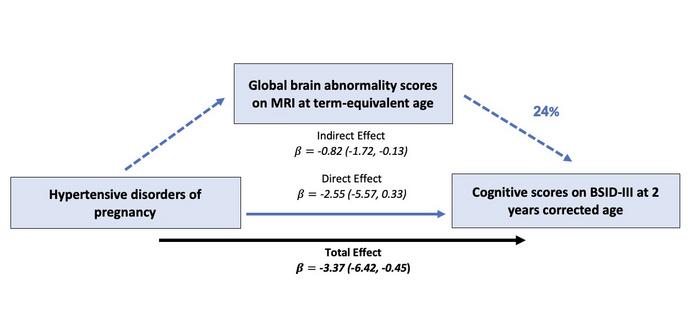 This study uniquely addressed previous mixed results by carefully accounting for confounding variables. The findings strongly support the link between maternal hypertension and adverse neurodevelopmental outcomes in preterm infants born at or before 32 weeks, particularly those exposed to preeclampsia.
This study uniquely addressed previous mixed results by carefully accounting for confounding variables. The findings strongly support the link between maternal hypertension and adverse neurodevelopmental outcomes in preterm infants born at or before 32 weeks, particularly those exposed to preeclampsia.
Dr. Shipra Jain, the study's lead author, highlighted the potential benefits of early detection and targeted interventions. "Early identification of brain abnormalities can pave the way for speech therapy, occupational therapy, or enriched learning environments, significantly improving long-term outcomes," Jain said.
The researchers recommend incorporating MRI brain scans for early detection of white matter abnormalities in affected preterm infants. Such imaging could be valuable in clinical trials evaluating therapies for maternal hypertension and preeclampsia prevention.
CINEPS, initiated in 2016 and supported by the National Institutes of Health, continues analyzing data with ongoing follow-ups until children reach age seven. This recent publication marks the 40th paper derived from the comprehensive CINEPS dataset.
Reference:
Jain, S., et al. (2025). Maternal Hypertension and Neurodevelopmental Outcomes in Preterm Infants. JAMA Network Open. DOI: 10.1001/jamanetworkopen.2025.7788.
Cover image: Punchinello’s Mother Sick in Pregnancy (early 19th century); Giovanni Domenico Tiepolo (Italian, 1727-1804)


